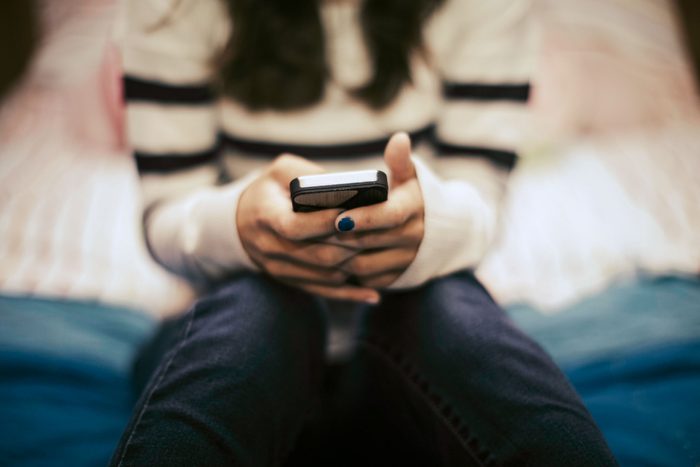
In the U.S. if your house is on fire or there’s a medical crisis or other emergency, you know to call 911. But until now, there hasn’t been a quick way to connect with help if you or a loved one is experiencing a mental health crisis. This month, the National Suicide Prevention Lifeline is launching the quick dialing code of 988 for their crisis hotline so those resources are immediately available for anyone who needs them.
From there, callers will be connected to a trained counselor at a calling center who is skilled in suicide prevention, as well as dealing with substance abuse, self-harm and other mental and behavioral health issues. The new dialing code was designated by Congress in 2020 as a “first step toward a transformed crisis care system” in the U.S., according to the Substance Abuse and Mental Health Services Administration (SAMHSA).
Thea Gallagher, PsyD, a clinical assistant professor in the department of psychiatry at NYU Langone Health in New York City, explained a reason for this update to the crisis hotline: “With the pandemic,” Dr. Gallagher says, “we have seen an increase in depression, anxiety, and suicidal thoughts and behavior, and having a free, easy-to-access-and-remember resource is important.”
Here are seven facts about the new mental health crisis hotline. Get The Healthy @Reader’s Digest newsletter for important health updates delivered to you daily.
The crisis hotline will be in operation as of Saturday, July 16, 2022
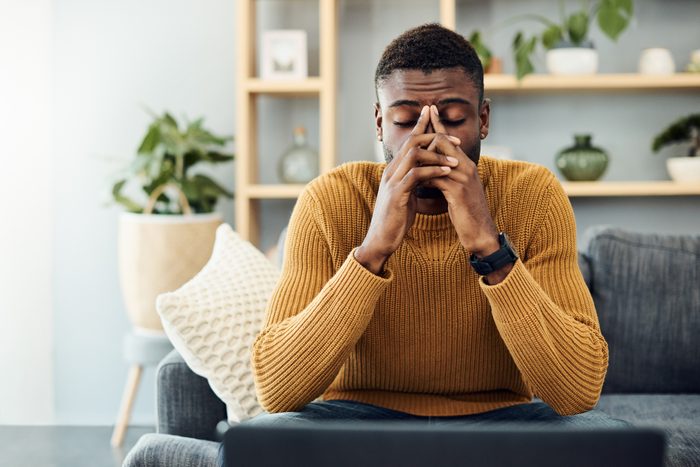
SAMHSA reports that starting on July 16, 2022, the 988 hotline will work on all devices to connect people in crisis with support systems for free, 24 hours a day and seven days a week.
The old number will still work

The three-digit code will replace the 11-digit number that’s previously been used to reach the National Suicide Prevention Lifeline, but the original number will still work.
12 Ways to Help Someone with Depression, According to Psychologists
The 988 mental health crisis hotline is bilingual, accessible, and inclusive
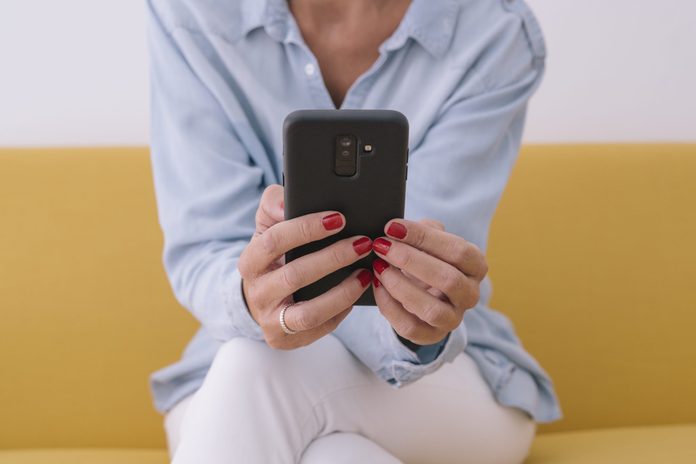
988 operators will be available to facilitate calls in English or Spanish. Crisis counselors are also culturally competent in the care of the LGBTQ population, and resources are available for people who are deaf and hard of hearing, says May Lau, MD, a pediatrician at the University of Texas Southwestern Medical Center in Dallas and the medical director of the Adolescent and Young Adult Clinic at Children’s Medical Center, also in Dallas.
Exhausted From Living Through Stressful Events? A Resilience Expert’s 6 Tips to Stay Encouraged
All 988 calls are confidential
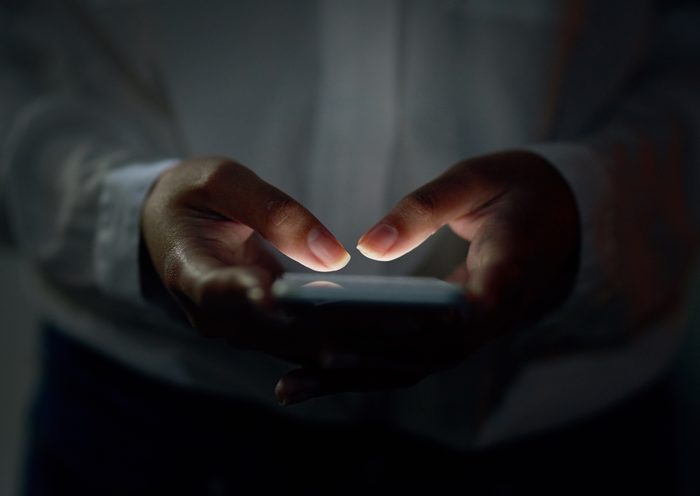
Counselors provide confidential support to people in suicidal crisis or emotional distress.
988 is not just for people contemplating suicide

Counselors are skilled in suicide prevention as well as dealing with substance abuse, self-harm, depression, anxiety, and other mental and behavioral health issues. Callers may be routed to potentially lifesaving support services. If a caller needs medical attention, 988 will work with local law enforcement or hospitals to dispatch services. “Even family members and friends who are worried about a loved one can call this number,” says Ljiljana Zecevic, PhD, a clinical psychologist at Lenox Hill Hospital in New York City. (These are 13 suicide warning signs that are easy to miss.)
You can text 988
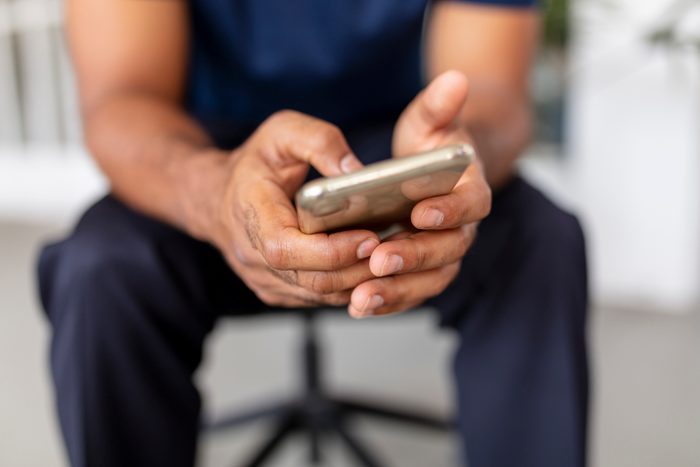
This number accepts texts, and live chat is an option too, says Lau.
There is still more work to be done
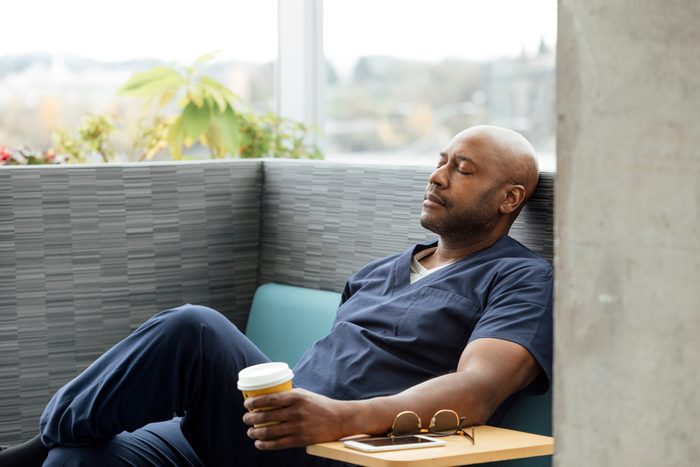
The three-digit crisis hotline is one part of a comprehensive plan to boost mental health care in the U.S. The long-term plan includes mobile crisis response, which will send teams to the crisis.
It also includes crisis stabilization services or facilities where people in crisis may stay on a short-term basis.
Still, some issues remain. Local crisis centers will need more counselors to handle the expected surge in calls. Each state faces the challenge of finding ways to fund the new program.
For more wellness updates, follow The Healthy on Facebook, Instagram, and Twitter. Keep reading:
- Here’s Why Too Much Vitamin D Can Cause Major Health Problems
- Why ‘Re-Entry Travel Anxiety’ Is Super Normal Right Now…Plus 5 Rules to Venture Out Again, from Psychologists
- Nate Berkus Just Shared His #1 Best Design Secret for a Better Night’s Sleep
- The 8 Best Indoor Plants for Mental Health, Say Wellness Experts
